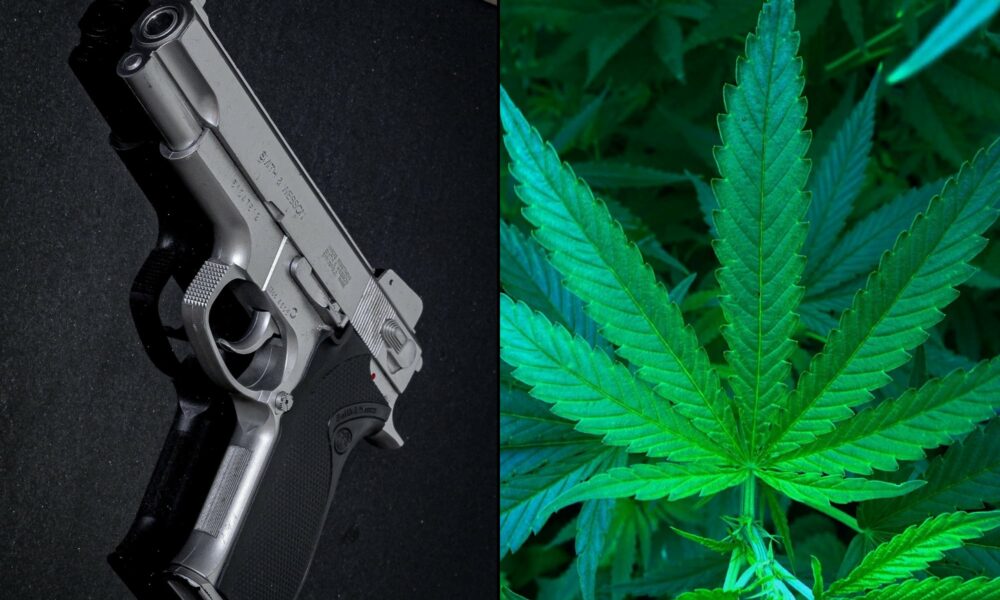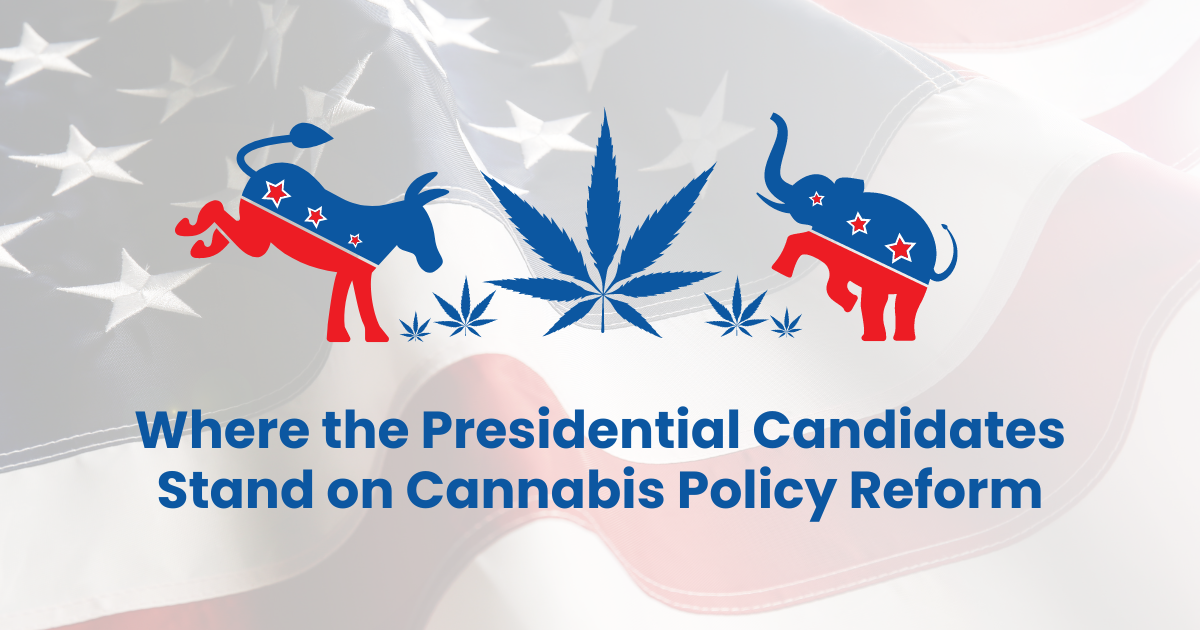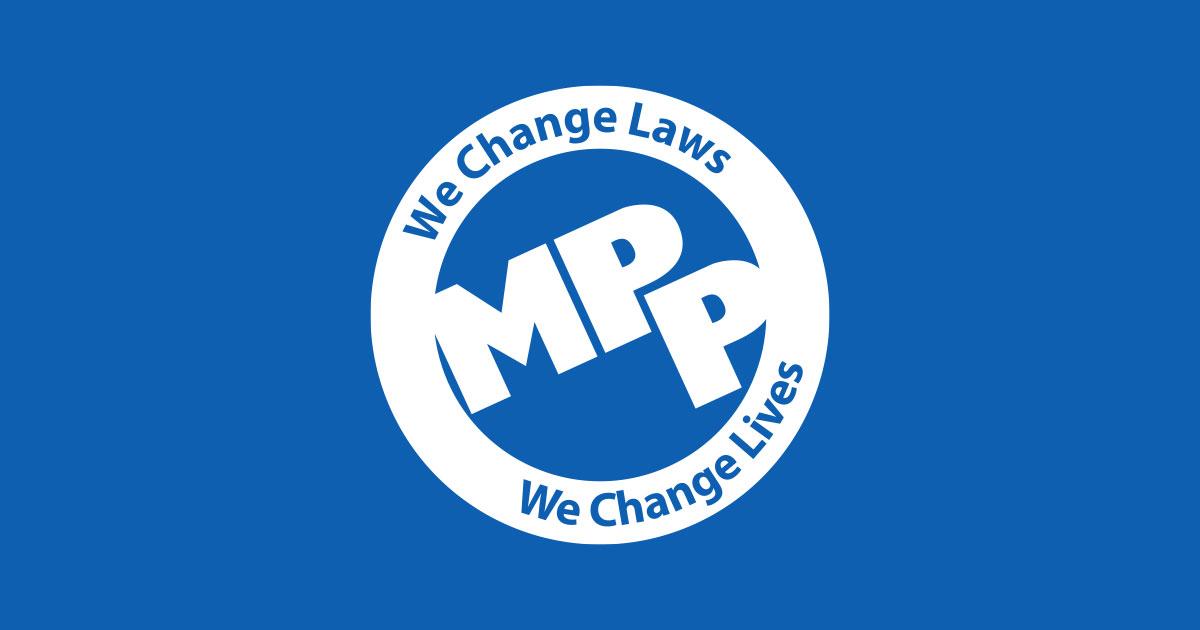See they are studying drug abuse, instead of the most common method most adults use, responsible moderated use. Sounds like the government wants to get certain types of results for people who are in a habit of abuse, for what ever reason, instead of looking at the population in legal states and the most common use patterns.
They're trying to get biased data to retain more stringent regulations.
They're trying to get biased data to retain more stringent regulations.







